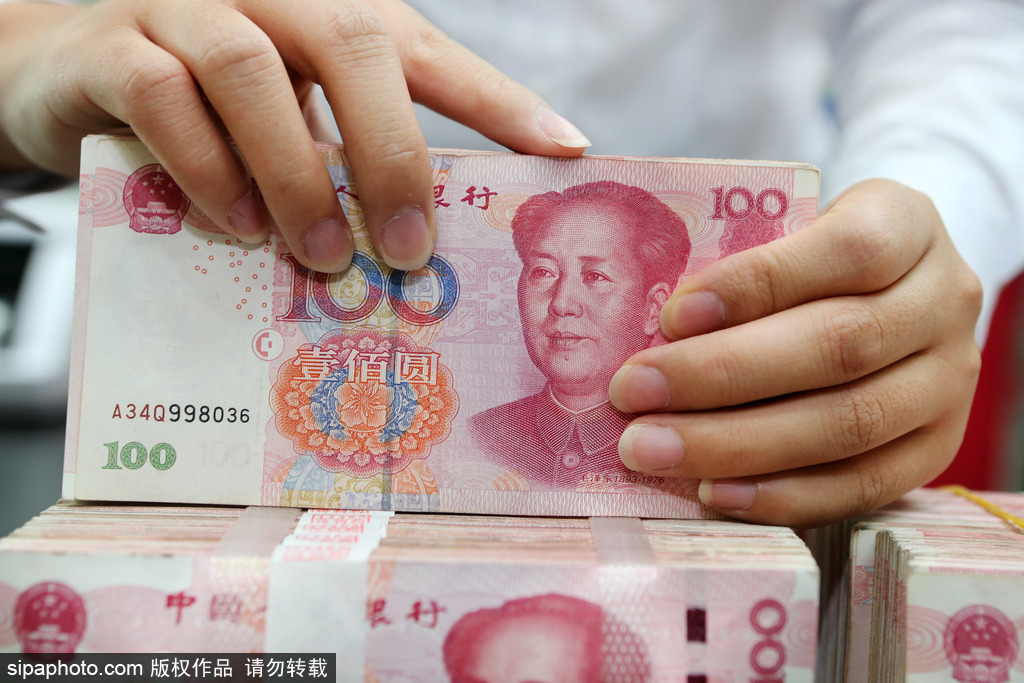Arrears clearance for SMEs facilitated


China has taken a concrete step toward addressing crippling issues faced by the private sector, with a revised regulation guaranteeing payments owed to small and medium-sized enterprises.
This marks China's latest move in clearing arrears owed to SMEs through an institutional arrangement, which is part of the country's larger drive to revitalize a sector key for reinvigorating economic recovery amid mounting external uncertainties, said experts and executives.
The revised regulation, which took effect on Sunday, will help strengthen the legal protection for private enterprises, mostly SMEs, further optimize the business environment, and enhance fair participation in market competition, they said.
According to the regulation, large enterprises are required to pay SMEs within 60 days of delivery of cargoes, projects or services. Other revisions require detailing work responsibilities, improving supervision and enhancing punishments for illegal activities.
Nie Xianzhu, vice-president of the China Association of Small and Medium Enterprises, said the revised regulation has further raised society's awareness of the crippling issues faced by SMEs. "The problem-oriented and targeted approach will help relieve the capital pressure on SMEs and stimulate their endogenous driving force and vitality," he said.
Collecting long-overdue payments is a primary difficulty hindering the development of SMEs, Nie said, adding that the problem stems from the declining payment capability of enterprises amid a sluggish global economy, lackluster demand and fiscal pressures at various government levels.
Meanwhile, large enterprises often place payments owed to SMEs low on their funds priority list.
According to data from the National Bureau of Statistics, the accounts receivable of major industrial enterprises totaled 25.86 trillion yuan ($3.6 trillion) at the end of April, up 9.7 percent year-on-year, while the average collection period for accounts receivable was 70.3 days, a year-on-year increase of four days.
Li Hongjuan, deputy director of the Private Economy Research Office at the Economic System and Management Institute, which is part of the National Development and Reform Commission, said the revised regulation reflects the government's strong attention to the arrears issue.
"It clarifies the responsibilities of the government and relevant departments, strengthening accountability and coordination," she said. "Also, it shortens the payment period and standardizes payment practices, addressing the root causes of arrears. It precisely regulates pain points such as hidden contract terms."
Nie, from the China Association of Small and Medium Enterprises, said the implementation of the regulation will help ease SMEs' survival pressures and boost confidence among businesses. "In the broader context of pursuing progress while maintaining stability, helping SMEs resolve difficulties is an effective way to stabilize overall growth."
SMEs are an important part of the national economy and social development, serving as a key pillar for stabilizing employment, improving people's livelihoods and reviving economic growth. Private companies, mostly SMEs, contribute over 60 percent of China's GDP, 70 percent of technological innovation and 80 percent of urban employment, official data shows.
The government is taking solid steps to promote the healthy and sustainable development of the private sector.
China's first fundamental law focusing on promoting the private economy took effect on May 20. In late May, the nation issued a guideline for stepping up financing support for micro and small enterprises.
Business leaders welcomed the government's intensified efforts to support the development of the private sector, expecting to see more detailed supporting measures to ensure effective implementation.
"The regulation plays a significant role in boosting the confidence of businesses," said Cheng Shuqing, Party secretary of Beijing-based Pan-China Group.
Gong Min, senior vice-president of Qingyan Technology (Beijing) Co, recommended more practical solutions to tackle operational issues. "If project funds are not recovered on time, it not only affects normal operations, but may also delay the progress of projects and cause disruptions," Gong said.
Ye Lin, a professor at Renmin University of China Law School, called for more efforts to improve the long-term mechanism for resolving SME payment arrears. "More efforts are needed to ensure that the asserting rights of SMEs are not affected during their future business operations," he said.
ouyangshijia@chinadaily.com.cn



































